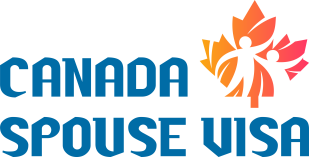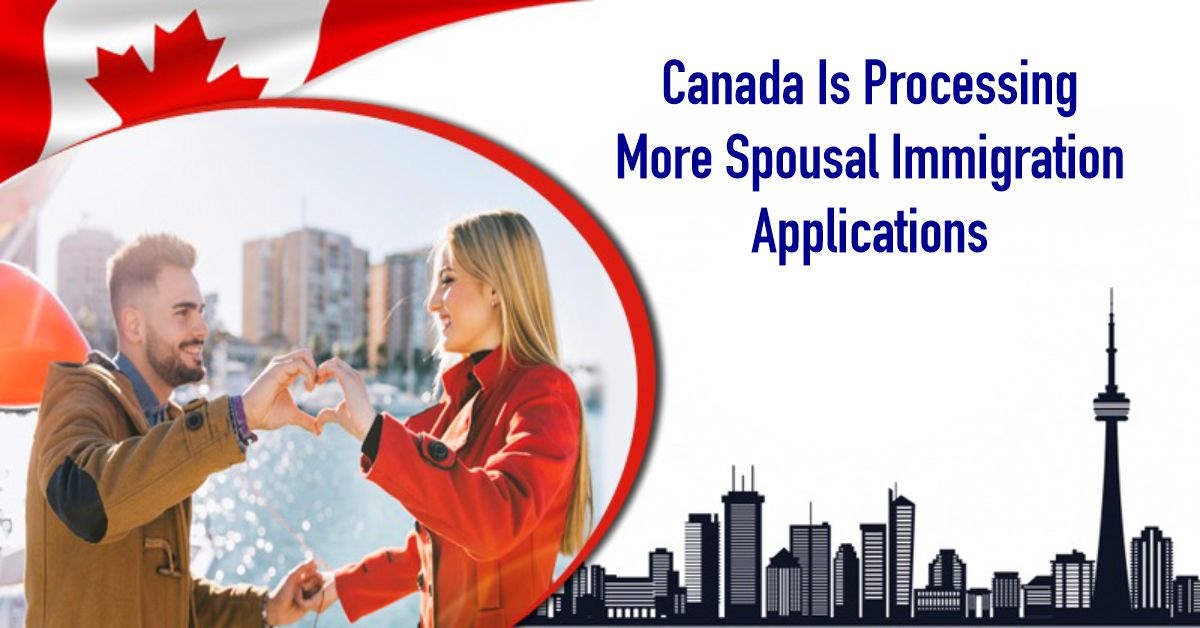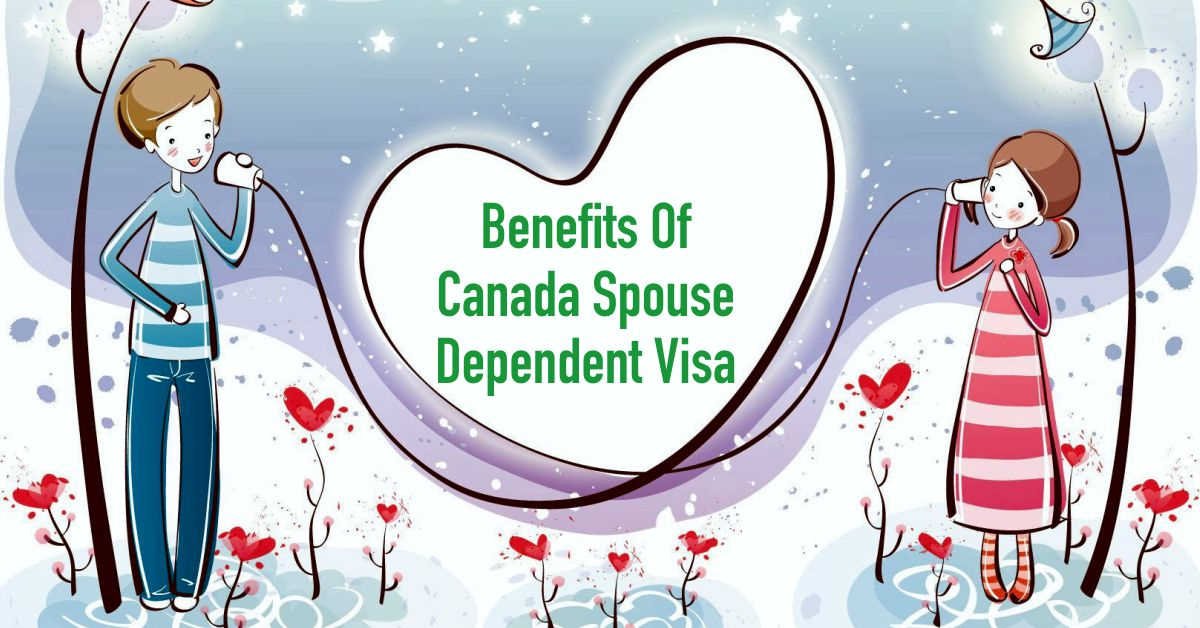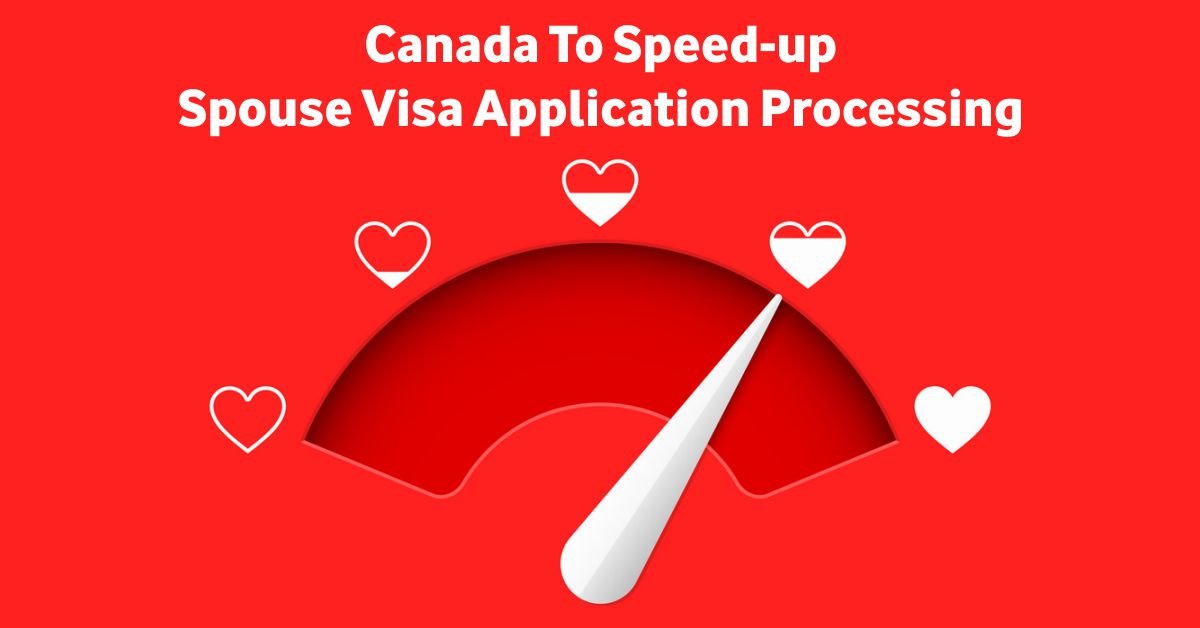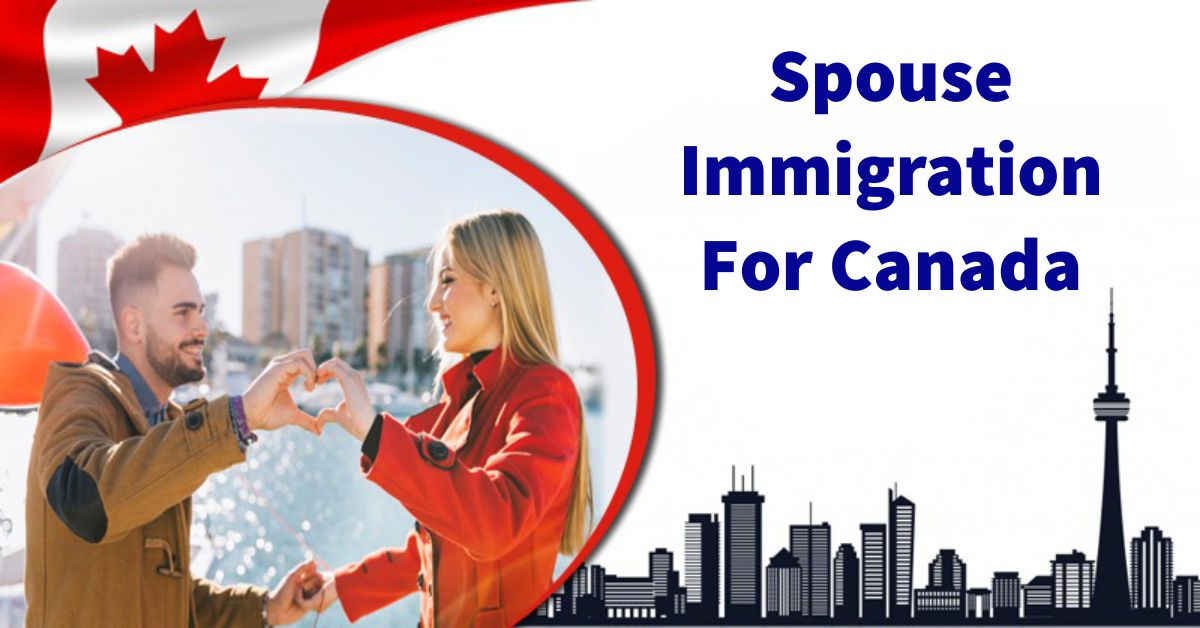With an economy shaped by immigrants from across the globe, Canada is very popular amongst the migrant community. Through its easy-going and permissive immigration policies, the Federal Government of Canada has made possible for applicants from around the world to live, work and settle comfortably in Canada. For individuals who have permanently settled in Canada and desire to bring their spouse to Canada can opt to avail spousal sponsorship programs.
Get Familiar
Know your options well, so that you can choose from them when deciding to move back to Canada with your Canadian Citizen spouse. The spouse immigration programs include:
Sponsorship Before Arriving in Canada
This is the most common sponsorship pathway. Here, you apply for Canadian Permanent Resident while still living abroad. Thereafter, you wait until the Canadian Government grants you permanent resident status in Canada. This may take approximately 6 to 12 months. After you are accepted by the Government, you can either move to Canada right away or visit Canada to accept PR and move there in a few months. Eventually, you may apply for Canadian Citizenship.
Sponsorship After Arriving in Canada
You can also arrive to Canada with your spouse on a visitor visa before applying for permanent residence. Your spouse will then apply to sponsor you for PR in Canada as soon as you arrive in Canada.
While you choose this pathway, you may also apply for a work permit at the same time as you submit the permanent resident application. This shall allow you to work and access public health care and other benefits during the remaining waiting period for the PR to get approved.
Inland and Outland Sponsorship Options
If you are interested in getting permanent residency in Canada and already have a temporary resident status through which you’re working, studying or visiting, you may be able eligible to apply for inland spousal sponsorship.
The family sponsorship program’s Outland Spousal Sponsorship stream, allows a Canadian citizen or permanent resident to sponsor their spouse or common-law partner to gain Canadian permanent residence, regardless of their current living country.
Status of the Children
Your child is considered to be a Canadian citizen, if at least one of the biological parent is born in Canada. If one or both the parents are born in Canada, then you may need to get the Government of Canada to confirm that your children really have Canadian citizen status. To do so, you must apply for proof of citizenship, before returning to Canada.
If one or both biological parents were not born in Canada but have received Canadian citizenship, your children may not be considered Canadian citizens. In such a case, you may have to sponsor them to come to Canada, with you.
Spouse/Partner Sponsorship can be complex, and can vary according to each case. You can apply through any of these immigration programs with Canada Spouse Visa.
To know more, contact us at +91 958-686-1444 (India); +1 647-375-4499 (Canada). You can also email us at info@canadaspousevisa.ca

